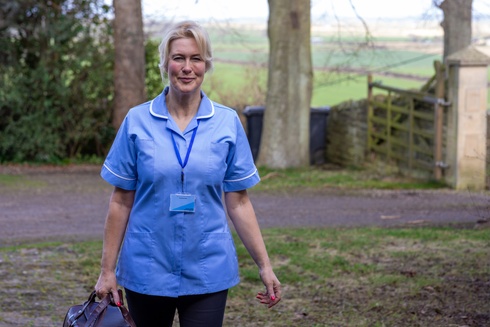
Locum Doctors
Explore new opportunities in healthcare.
Latest Blogs from Medacs Healthcare
Stay informed, inspired, and connected with our latest blogs.

Find expert insights, career advice, industry news, and stories from doctors, nurses, midwives, and allied health professionals.
Whether you’re looking for tips on career progression, updates on healthcare trends, or personal experiences from clinicians around the world, our blogs are here to support you on your journey. Explore our newest articles below and discover the difference we make together.





